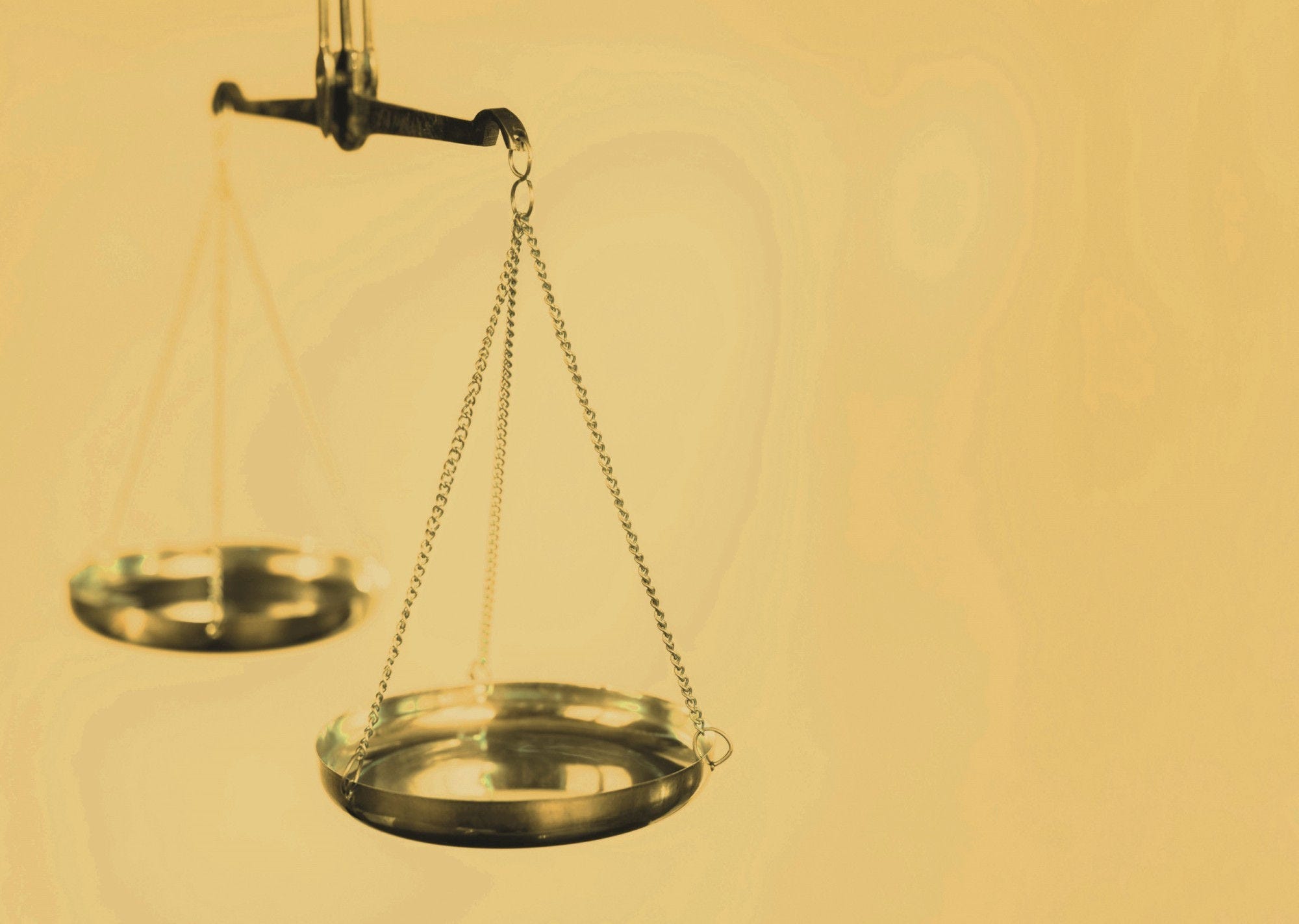This review analyses the energy policy challenges facing Luxembourg and provides recommendations for each sector. It is intended to help guide the country towards a more secure and sustainable energy future and the development of its 2030 energy strategy.
It finds that since 2008, Luxembourg’s energy policy has focused on mitigating CO2 emissions in transport and industry and on supporting renewable energies and energy efficiency towards 2020. Luxembourg’s greenhouse gas emissions have stabilised as energy-intensive industries have scaled back their activities and the government put strong energy efficiency policies in place, notably for buildings.
Since 2009, the country’s research and development (R&D) policies have promoted eco-innovation and clean energy technologies. In 2012, government spending on energy R&D as a ratio of gross domestic product was the highest among IEA members. Luxembourg is creating a national platform for smart meters and electric vehicles, the first of its kind country-wide roll out.
Nonetheless, Luxembourg faces several energy challenges. Oil consumption in transport is rising because of growing road fuel sales, largely the result of tax differences to neighbouring countries. This increases Luxembourg’s emissions and its oil stockholding needs. Because the country imports all of its energy needs, energy security is a priority. Luxembourg has sought to address this through greater regional integration such as merging its gas market with Belgium and increasing its electricity interconnection with France and Belgium. Yet the benefits of regional integration of wholesale energy markets have not yet translated to retail markets. Moreover, as regional electricity trade grows and neighbouring countries introduce ambitious decarbonisation policies and capacity markets, Luxembourg will need to define its priorities for an energy strategy through 2030.











